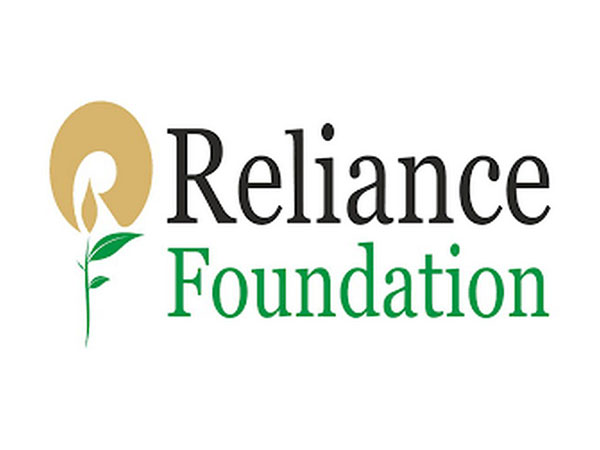Mumbai (Maharashtra) [India], December 30 (ANI): H.N. Reliance Foundation Hospital recently released a study on tuberculosis in women.
As per the study, in 2022, an estimated 10.6 million people fell ill with TB worldwide, including 5.8 million men, 3.5 million women and 1.3 million children.
Gender differentials in TB have been reported worldwide. Men are more likely to be diagnosed with TB than women, with a male-to-female ratio of 1.6:1, globally. However, women have a greater likelihood of severe forms of TB and TB-HIV confection as compared to men. Tuberculosis (TB) remains a significant public health concern globally, with a disproportionate burden on females, particularly in India.
This study analysis explores the challenges and complications faced by 3 deceased females with TB, underscoring the need for tailored interventions. These three cases of Indian females diagnosed with TB were at an advanced stage sharing common attributes, including low body mass index (BMI), advanced disease, immunocompromised status, and delayed diagnosis.
The study deep dives into Clinical data, laboratory findings, and treatment outcomes. This study, reports severe drug-sensitive TB infection in three female patients aged 31,55 and 72 years, who succumbed to the disease despite optimal treatment
Patients were diagnosed with Mycobacterium tuberculosis, but they exhibited poor prognostic factors such as hypoalbuminemia and anaemia. Delayed diagnosis and initiation of appropriate treatment, coupled with the presence of stigma around TB, comorbidities, and paucity of finances contributed to the disease severity and complications leading to death. Indian females with TB encounter multifaceted challenges, delayed diagnosis and treatment initiation, coupled with the presence of comorbidities complicates the clinical course and severity.
Early case detection, prompt initiation of appropriate treatment and managing health by targeting interventions that tackle socioeconomic determinants and gender-specific barriers, and prioritization of personal health over family needs will lead to improved treatment outcomes and a reduced overall disease burden, the study said. (ANI)
Disclaimer: This story is auto-generated from a syndicated feed of ANI; only the image & headline may have been reworked by News Services Division of World News Network Inc Ltd and Palghar News and Pune News and World News
HINDI, MARATHI, GUJARATI, TAMIL, TELUGU, BENGALI, KANNADA, ORIYA, PUNJABI, URDU, MALAYALAM
For more details and packages

















